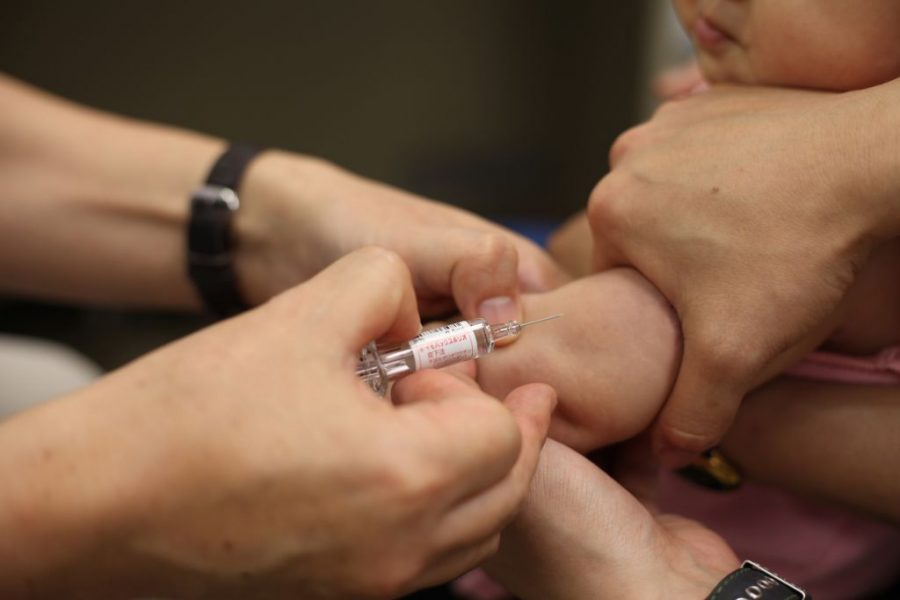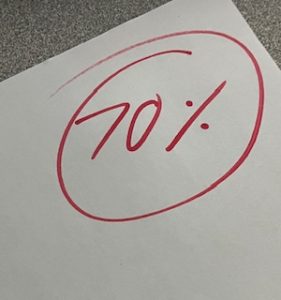Mandating a COVID-19 vaccine: why it is necessary
October 14, 2020
Approximately 56 million school-age children have gone back to school for the 2020-21 school year. There is a mix of in-person and completely online learning occurring across the country. There have been about 100,00 cases per week since the start of this school year, the cases being mainly among teens. The Centers for Disease Control and Prevention has implemented a procedure for monitoring COVID-19 trends during the school year for the safety of the students.
When it comes to a person’s health, a vaccine is not something foreign to them. From pre-K onwards, students have always needed one thing: vaccinations.
There are currently 165 candidates working on a coronavirus vaccine, and 27 potential vaccines already in human trials. Introducing a new vaccine into the school system could greatly benefit students and staff for the upcoming school years.
Human trials have three phases. Phase one is to assess the safety of the vaccine, phase two evaluates dosing and efficacy, and phase three determines its efficacy in human trials.
Making sure that people can have access to a safe and affordable vaccine is not an easy feat, especially because the world needs the vaccine immediately. Then, the golden question: Should students be mandated to take the coronavirus vaccine if and when it becomes available? To make a hard situation harder, about 20% of Americans stated that they will refuse to take any coronavirus vaccine, with another 31% unsure of the vaccine’s efficacy. That means about half of the country is leaning towards not taking the vaccine.
The main point of controversy is the newness and hesitation surrounding the vaccine. However, not having a vaccine mandate could be detrimental to the health of students. If students were to decline the vaccine, they would be more susceptible to getting themselves sick, in addition to putting others at risk.







